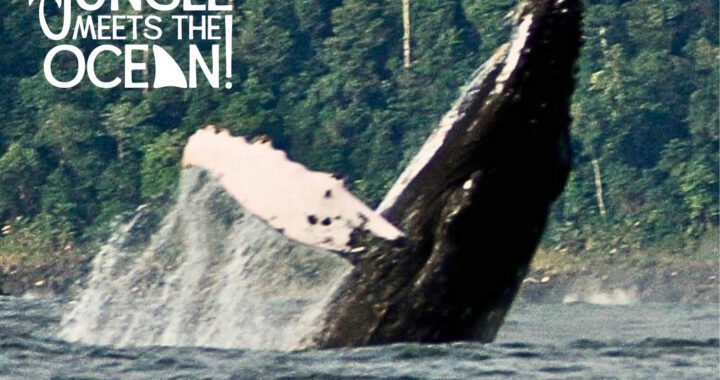Neotropical Bird Snake

Neotropical Bird Snake
Photos by Doc Frog Photography
New residents of Costa Ballena are slowly getting used to sharing the space with the original inhabitants.
Human newcomers, whether ticos or foreigners, most likely have found more than one snake either in their gardens, homes, or perhaps on the road. Only one of them is dangerous in this area; it is the fer-de-lance.

Neotropical Bird Snake - Photos by Doc Frog Photography
Here however, I am talking about a common visitor to our home gardens, especially those located in the mountains: the neotropical bird snake (Pseustes poecilonotus). These snakes have no poisonous teeth; they typically live on trees, but it is normal for them to travel along the ground. They are primarily interested in small birds and their eggs.

Neotropical Bird Snake
Photos by Doc Frog Photography
Its color is mostly bluish gray with a yellow belly; some are blue with very beautiful orange spots. They are diurnal; their length can be very respectable; some of them can be larger than two meters. They are peaceful creatures, when they feel disturbed or cornered, their reaction is to bite hard; because of their lack of venom, there are no serious consequences. Wash the wound with soap, water and some disinfectant!
To appear bigger and more ferocious, they inflate their neck like a cobra when they feel harassed. The young snakes of this species are similar to the fer-delance; they mimic the environment, creating a great camouflage.
None of them are here to harm us, and do not represent any threat to either children or pets. They are here because they have a function in the natural balance of the region, and we must respect that state of harmony.













